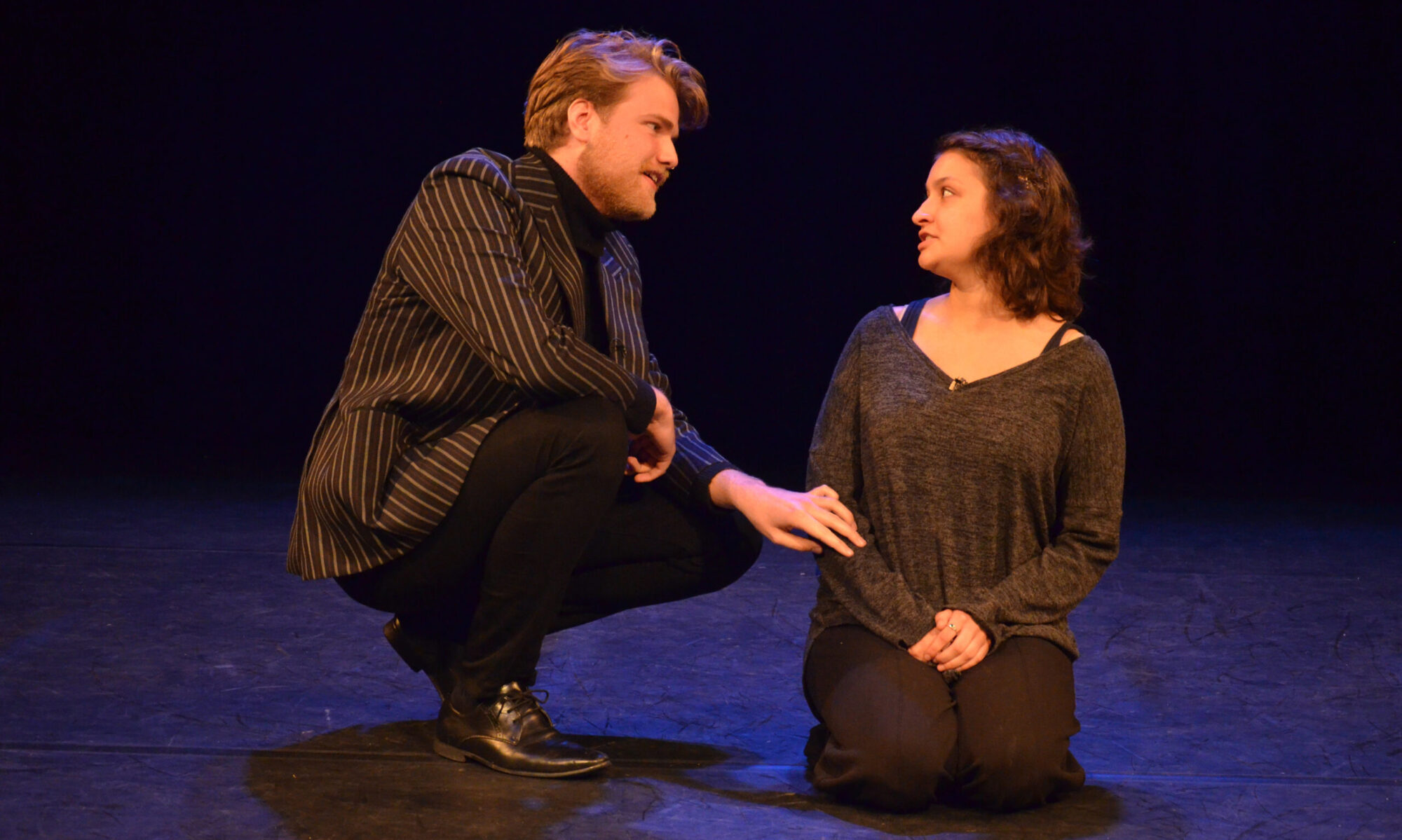Early Modern Drama and the Contemporary Stage
English theatre, between the late 1580s and the outbreak of the Civil War in 1642, has bequeathed us an unparalleled inheritance of dramatic masterpieces.
The modern scholarly investment in this rich repertoire has been substantial and revelatory.
But only a tiny percentage of it, apart from the works of Shakespeare, ever reaches the stage today.
Early Modern Drama and the Arts of Language
Early modern drama is an art of ambitious vocal expression.
Its major practitioners are constantly experimental in their explorations of language as a powerful resource for the stage.
They also write with an acute alertness to the eloquence of the human voice and the demands that can be placed on it in performance.
In this, they show themselves to be creatively inventive beneficiaries of the early modern educational system.
Guided by humanist principles, its curriculum had at its heart a demanding training in the purposeful and inventive use of language to achieve one’s goals.
It cultivated skills of composition in close alliance with skills of delivery, marrying physical expressivity to linguistic and vocal subtlety.
Some of its most talented graduates were consequently ideally equipped to write mould-breaking scripts for the nascent theatre industry of the late sixteenth and early seventeenth centuries.
Performing Early Modern Drama Now
Today, however, these playwrights’ commitment to the dramatic potency of language discourages many directors and actors from tackling even the greatest plays from this period.
Modern acting training focuses on the needs of predominantly naturalistic writing and often leaves players feeling ill-equipped to tackle the more expansive rhetorical demands of Jonson or Middleton, Marlowe or Ford.
The last two to three decades have generated a range of “how to” guides, written mainly by voice coaches and directors, which profess to provide methods by which performers can overcome this hurdle.
But the views they offer are too often reductive, historically ill-grounded, and set on enforcing disputable “rules”.
They also tend to treat all early modern drama as if it were hewn to the same pattern.
Even with Shakespeare, they pay scant attention, if any, to the vast distinctions observable between the interpretative and technical challenges to actors set by the verse, say, of The Comedy of Errors and that of Cymbeline.
Similarly, all that divides the different stylistic choices taken by, say, Webster and Fletcher – and the major consequences these inevitably have for their performers – rarely receives close scrutiny.
From the Early Modern Classroom to the Contemporary Rehearsal Room
Early modern education bred in its pupils close attention to local effects of expression and to the larger purposes shaped by sustained arcs of speech.
This was not a merely analytical training.
Its ultimate purpose was to equip students, in their future lives, with the ability to deploy language – flexibly and adventurously, forensically and passionately – to serve whatever their current goals might be.
The Shakespeare’s Rivals project seeks to deploy the skills and methods such tuition inculcated to help actors perform the scripts of leading early modern dramatists today with an alert responsiveness to each writer’s distinctive purpose and vision.
It would clearly be self-defeating to seek to invoke, for example, all the classical terms for different rhetorical figures in a twenty-first century rehearsal.
So, the challenge we have set ourselves is
- to work out how to take advantage of all that modern scholarship has invaluably taught us about the imperatives of early modern education,
- to deploy that knowledge tactfully and productively, in ways that will enable and inspire modern performers, and not inhibit or intimidate them.
This website will be used to offer examples of some of our work-in-progress – and, in time, to invite others to engage with us in dialogue about the issues raised by the project.
— Prof. Michael Cordner and Dr Ollie Jones,
Department of Theatre, Film,
Television & Interactive Media,
University of York
